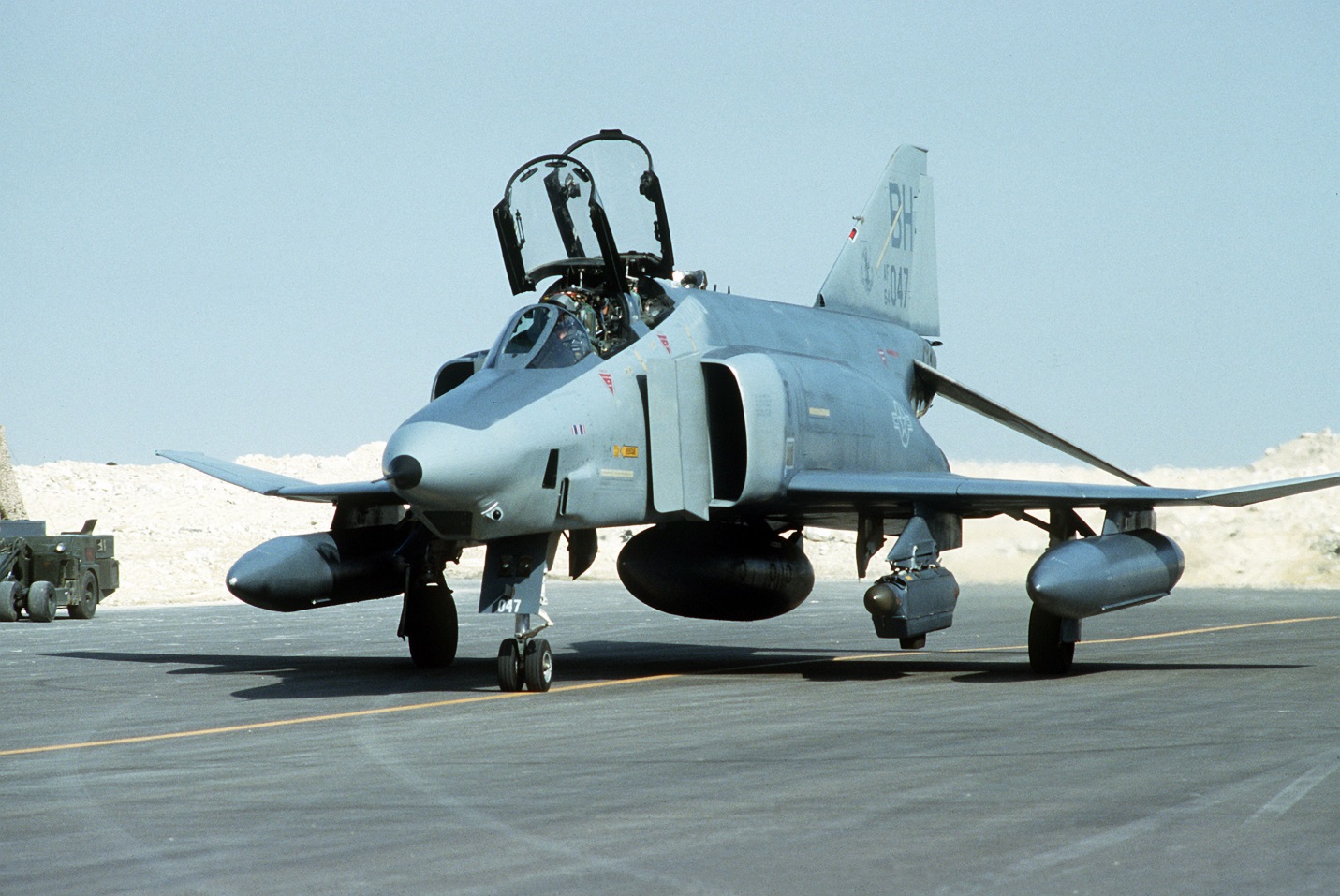Reconnaissance/Early Warning Aircraft
This iconic aircraft was historically retired in 1990 due to funding and other issues, in Northern Fury that does not happen and they were retained in service, two additional aircraft were still provided to NASA as was done in 1991. One modification to the Northern Fury SR-71s is the addition of a data-link, enabling quicker use of intelligence gathered. In 1994, with four aircraft with NASA, there were 16 Blackbirds available in the USAF but only seven with low flight hours (under 2,000 hrs), and two with very high hours (over 3,000 hours). All SR-71s were operated by 1st Strategic Reconnaissance Squadron (SRS) based at Beale AFB with detachments at Kadena Japan and RAF Mildenhall in the UK. The Squadron is part of 9th Strategic Reconnaissance Wing (SRW). So in Northern Fury, 1st SRS operates eight Blackbirds for operational missions including at least one in each of the detachment locations, the other airframes are used for training, are in long term maintenance or storage, or are simply retired.
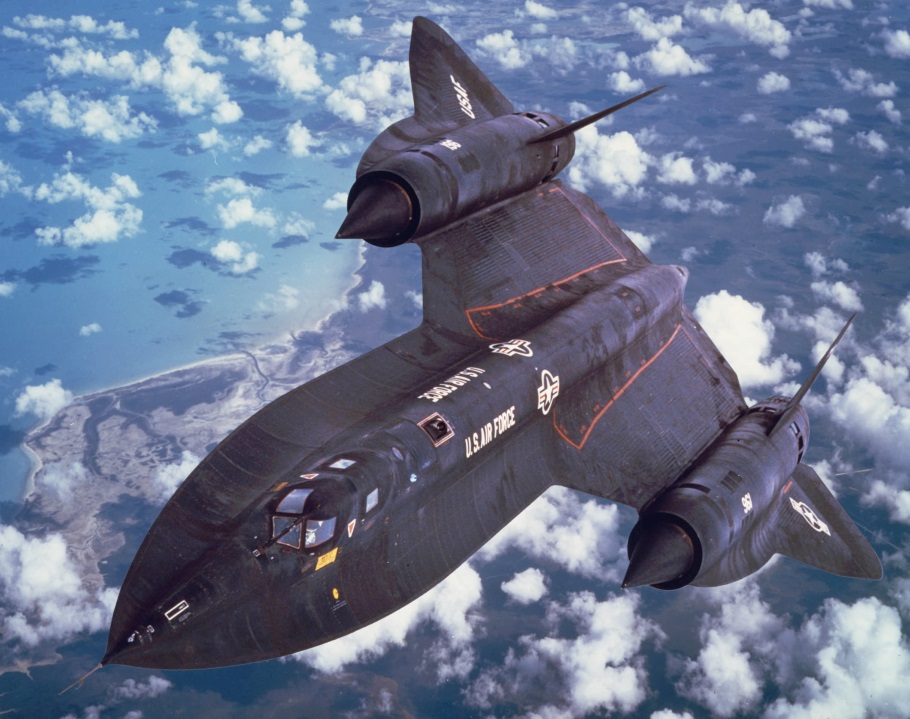
This variable lady has been around since the 1950s but keeps improving with age. By 1994 the conversion/merger of the strategic reconnaissance version (U-2R) and the tactical reconnaissance version (TR-1) is largely complete and the 9th SRW is operating an (almost) homogenous fleet of 32 U-2S aircraft, with 5 additional 2-seat trainers. These aircraft are configurable with a bewildering array of sensors which are detailed in the main link and also here (some of which came after 1994). The link gives some fascinating examples (at the unclassified level) of what the aircraft is capable of.
| Sqn | Wing | Location | No. | Type |
|---|---|---|---|---|
| 5th SR Trg Sqn | 9th SRW | Beale AFB, CA | 5 | U-2ST |
| 95th SRS | 17th SRW | RAF Alconbury | 8 | U-2S |
| 99th SRS | 9th SRW | Beale AFB, CA | 12 | U-2S |
| Det 95th SRS | 17th SRW | Saudi Arabia | 2 | U-2S |
| Det 99th SRS | 9th SRW | Osan AB, SK | 4 | U-2S |
| Det 95th SRS | 17th SRW | RAF Akrotiri | 2 | U-2S |
| Det 99th SRS | 9th SRW | Patrick AFB, FL | 4 | U-2S |
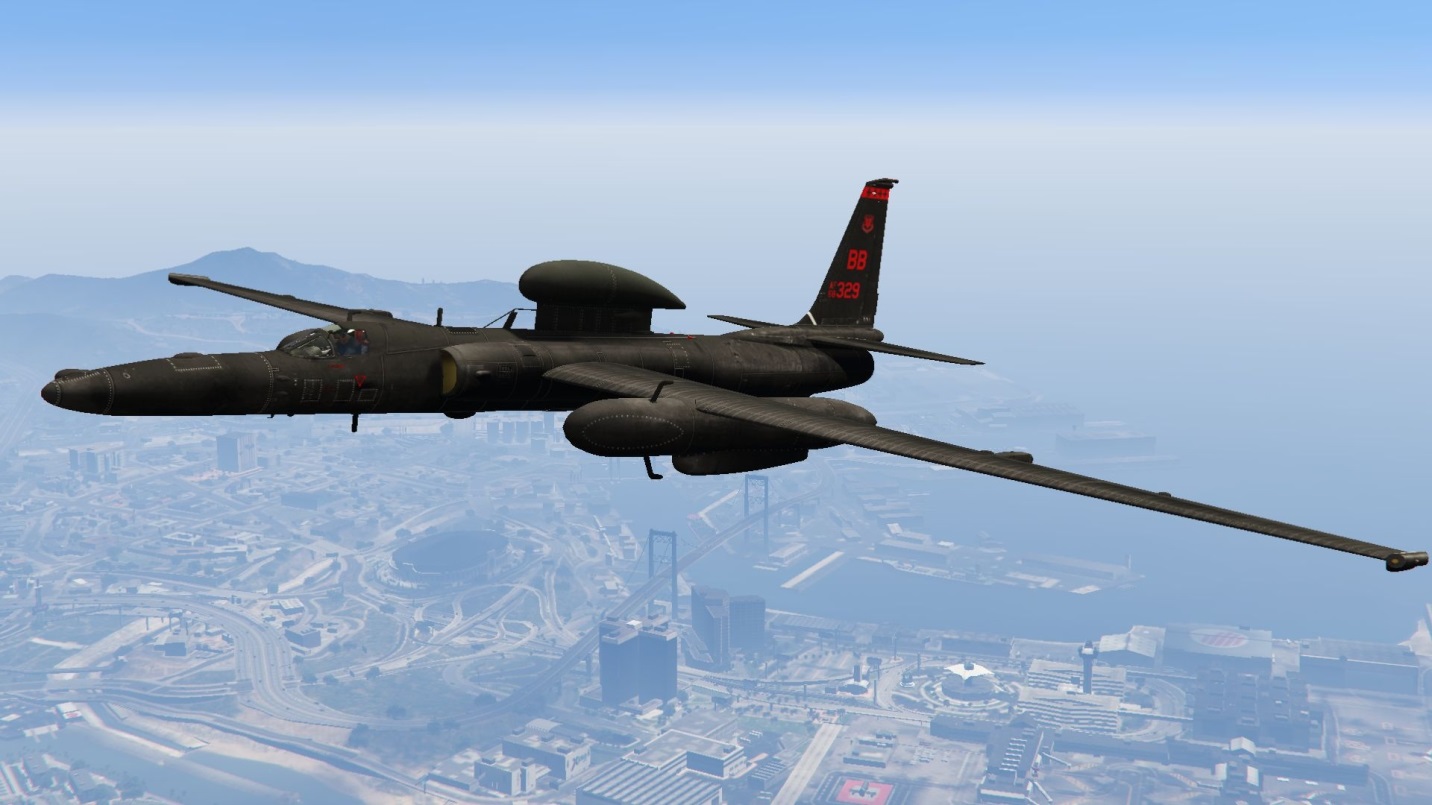
The Rivet Joint is a Boeing 707 based electronic surveillance aircraft which collects data on enemy communications systems and passes it on to land based intelligence analysis squadrons. The systems carried by the RC-135 are complex and highly classified, but it can assist in locating and identifying almost any platform which is emitting an electronic signature. The 14 aircraft of this type operating in 1994 were based at Offutt AFB, NE by the 55th Reconnaissance Squadron (RS), with four aircraft stationed at RAF Mildenhall in the UK operating with 95th SRS as the 95th RS.
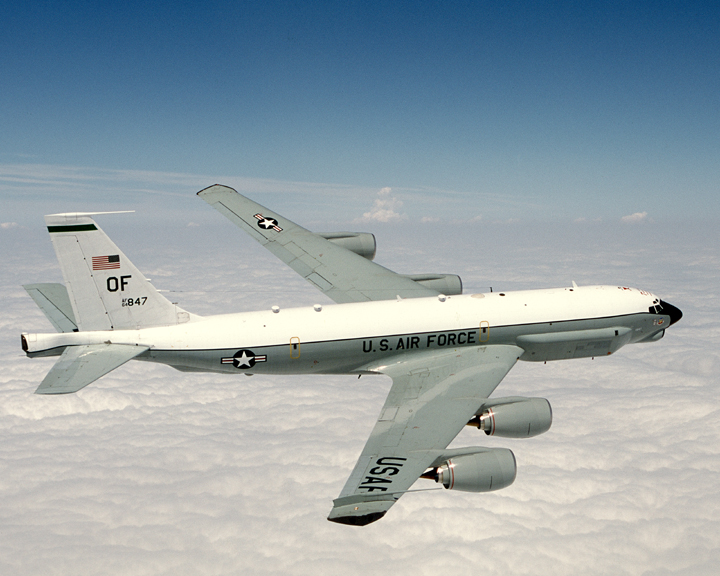
The E-8 is a joint Army/Air Force project to provide area surveillance and battle management systems for the ground commander. Conceived in the early ‘80s, there were two prototype E-8A J-STARS flown in the Gulf War to great success. Production of 16 E-8C J-STARS is ongoing and due to deliver later in 1995, in the meantime, for Northern Fury, two additional C-135 (Boeing 707) have been converted and the 93rd Air Control Wing (ACW) and the 12th Airborne Command and Control Squadron (ACCS) has been stood up to operate the four aircraft out of Robins AFB, GA.
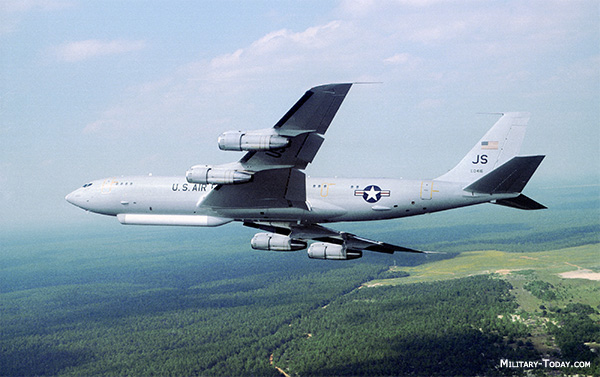
Probably the most recognizable aircraft on the planet, the E-3 Sentry or AWACS (Airborne Early Warning and Control System) was developed in the ‘70s and undergoes constant upgrade and improvement. These reliable (Boeing 707 based) workhorses allow air commanders to control and coordinate /assets within a massive volume of airspace. The 32 American examples are augmented by NATO’s 18, Britain’s 6, France’s 4, and Saudi Arabia’s 5 aircraft, providing a widely integrated understanding of the air picture wherever US or allied forces are deployed in the world. These aircraft are used throughout the world and are able to rapidly deploy, usually from Tinker AFB, the home base where several AACS (Airborne Air Control Squadrons) are located.
| Sqn | Wing | Location | No. | Type | Remarks |
|---|---|---|---|---|---|
| 960th AACS | 552nd | Tinker AFB | 3 | E-3C | Immediate Readiness Sqn |
| 961st AACS | 18th | Kadena AB | 4 | E-3B | PACAF |
| 962nd AACS | 3rd | Elmendorf AFB | 4 | E-3B | PACAF |
| 963rd AACS | 552nd | Keflavik Iceland | 3 | E-3C | Deployed from Tinker AFB |
| 964th AACS | 552nd | Incirlik AB, Turkey | 3 | E-3B | Deployed from Tinker AFB |
| 965th AACS | 552nd | Tinker AFB | 4 | E-3B | |
| 966th AACS | 552nd | Tinker AFB | 3 | E-3C | |
| 979th AACS | 552nd | Tinker AFB | 4 | E-3B | AF Reserve |
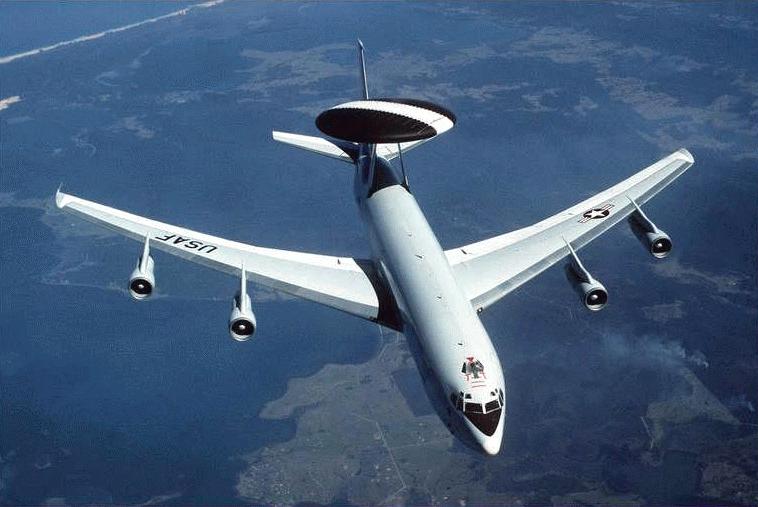
One of the last versions of the venerable F-4 Phantom to remain flying in the USAF, and indeed the world was the Reconnaissance variant. As an unarmed photo-reconnaissance aircraft the Phantom was able to cruise at high level and then conduct high speed low level missions, develop the photographic film onboard and pass it for immediate interpretation on landing – a system of dropping the film canisters proved unreliable in Viet Nam and that method was discarded. The USAF experimented with using both the F-15 and F-16 as reconnaissance platforms but decided against it and adopted reconnaissance pods to be attached to them when required. Some A-10 Warthogs have been modified to act as Forward Air Control (FAC) aircraft but they retain all other capabilities of the A-10 so are covered in that section. The Phantom performed exceptionally well in the Gulf War, and three Tactical Reconnaissance Squadrons (TRS) remain in Northern Fury, slightly longer than they did in the real world.
| Sqn | Name | Wing | Location | No. | Type | Remarks |
|---|---|---|---|---|---|---|
| 16 TRS | Tomahawks | 363rd | Shaw AFB | 18 | RF-4C | Tasked to USAFE |
| 106 TRS | Dixie | Alabama ANG | Birmingham AL | 18 | RF-4C | Tasked to USAFE |
| 192nd TRS | High Rollers | Nevada ANG | Reno, NV | 18 | RF-4C | Tasked to PacAF |
